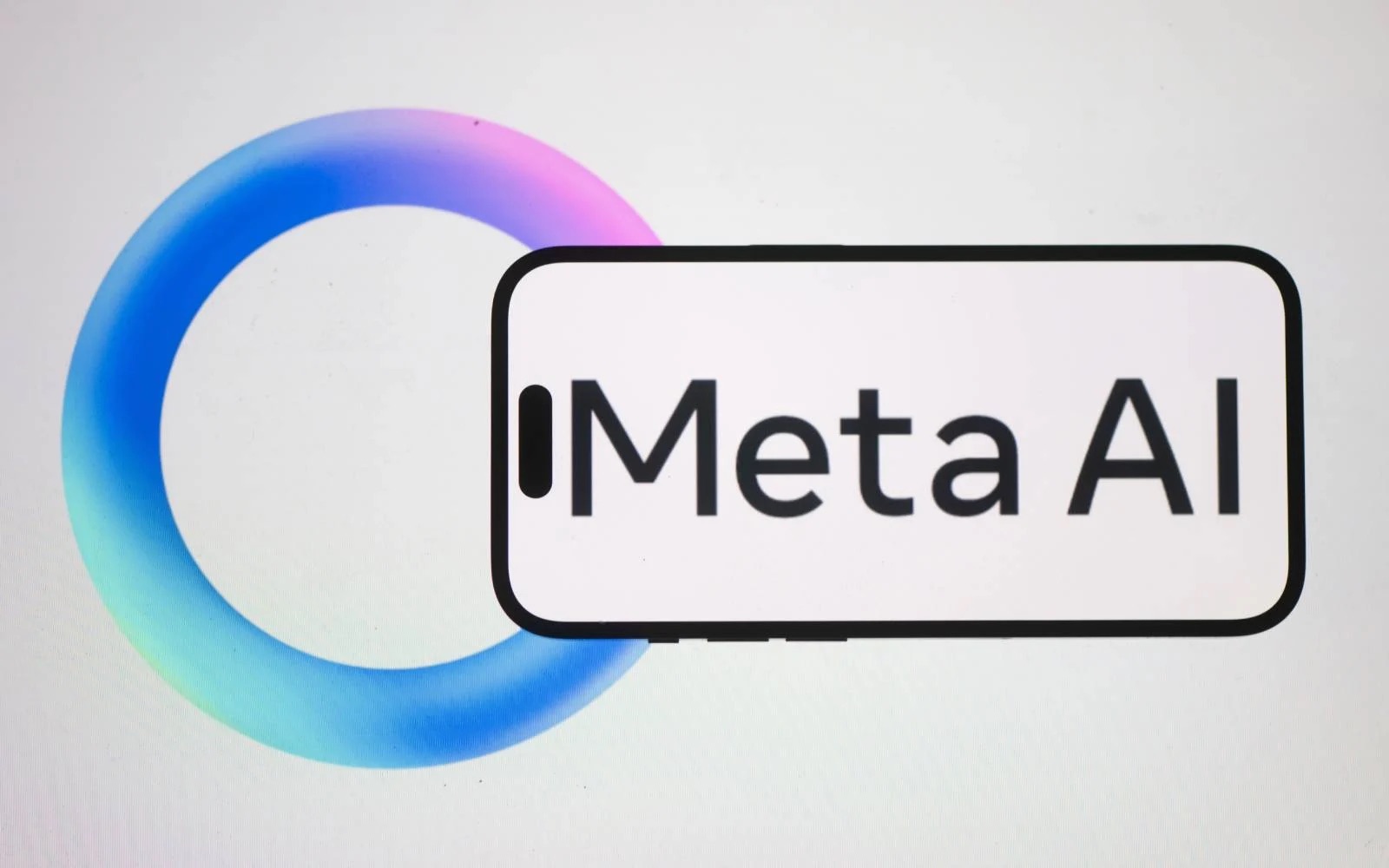
Mark Zuckerberg, founder of Meta, announced that the company will invest hundreds of billions of dollars building vast AI data centers across the United States, aimed at powering advanced artificial intelligence efforts.
The first of these data centers, named Prometheus, is slated to come online in 2026 in New Albany, Ohio. Zuckerberg revealed that this center alone will cover an area nearly the size of Manhattan (approximately 59.1 square kilometers or 22.8 square miles).
Another cluster, Hyperion, is planned for Louisiana and expected to be fully operational by 2030. Zuckerberg noted that Hyperion will scale up to five gigawatts over several years.
“We’re building multiple more titan clusters as well. Just one of these covers a significant part of the footprint of Manhattan,” he said on Threads, Meta’s social media platform.
Meta’s Quest for “Superintelligence”
Meta has been heavily investing in what it calls “superintelligence,” technology designed to surpass the cognitive abilities of the smartest humans.
In 2024, Meta generated over $160 billion in revenue, mostly from online advertising, and is now channeling significant resources into AI infrastructure to maintain competitiveness.
Karl Freund, principal analyst at Cambrian AI Research, told the BBC, “Clearly, Zuckerberg intends to spend his way to the top of the AI heap. The talent he is hiring will have access to some of the best AI hardware in the world.”
Following the announcement, Meta’s stock price rose by about 1%, adding to a more than 20% gain this year, according to Reuters.
Energy and Water Consumption Concerns
There are currently over 10,000 data centers worldwide, with most located in the US, followed by the UK and Germany. These AI-driven facilities are extremely energy- and water-intensive.
One study estimates global water consumption for data centers could reach 1.7 trillion gallons by 2027. To put this in perspective, a single AI query, such as a ChatGPT request, can use roughly as much water as a small bottled drink.
Author’s Opinion
Meta’s ambitious investment in AI infrastructure highlights a broader challenge in the tech industry: balancing innovation with sustainability. While superclusters like Prometheus and Hyperion will push AI capabilities forward, the enormous energy and water demands of such projects risk exacerbating environmental strain. It’s essential for companies like Meta to prioritize green technologies and resource efficiency as they scale these data centers.
Featured image credit: FMT
For more stories like it, click the +Follow button at the top of this page to follow us.
